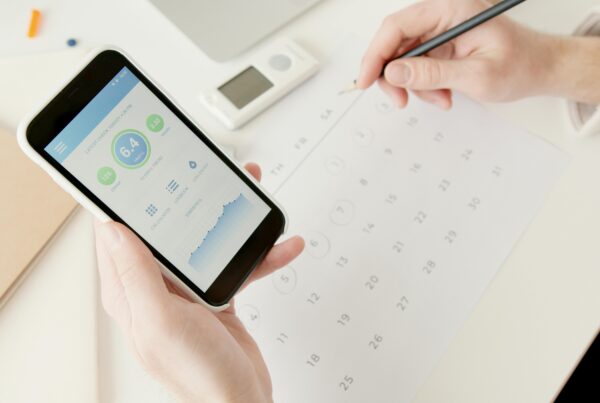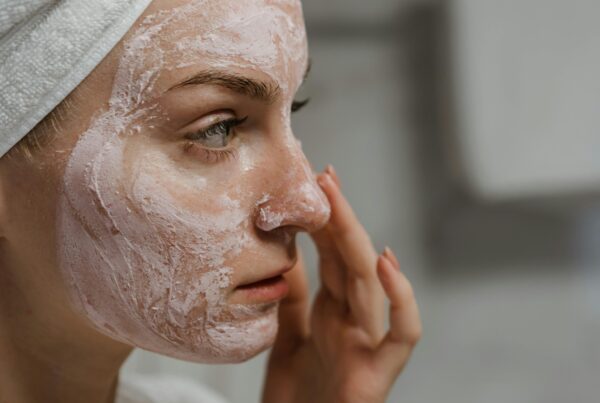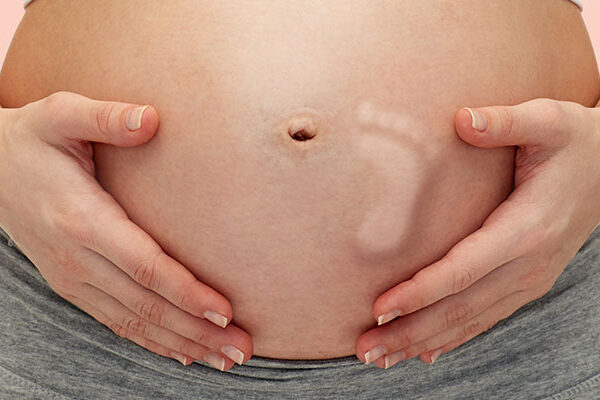Most of us go through our periods very secretively and don’t really bother to figure out if our practices are hygienic or not. At times, we may wear the same napkin for a whole day. Women in villages still use reusable unhygienic cloth during periods. Since periods are considered unclean, they are not even allowed to use detergent for washing the soiled cloth.
Menstruation is a time of heightened risk of certain infections, including some sexually transmitted infections. This increased risk of infection occurs because the mucus that usually blocks your cervix opens during menstruation to allow blood to pass out of the body. This makes it possible for bacteria to travel up into your uterus and pelvic cavity. Changes in vaginal pH also make yeast infections more likely.
Menstrual hygiene is much more than hygiene as a word – it is important for a woman’s body and even more important for her health. Being able to talk about menstruation without any shame and restraint is very important for the mental health of the person and the development of the person and society in general.
It is essential that everyone understands the best practices for period hygiene. So much of our menstruation gets wrapped up in shame and misinformation. Knowing menstrual hygiene basics will help you not only feel fresh and confident during your period, but you’ll also be keeping yourself healthy!
Period hygiene
Your pad should be changed before it gets full. You can monitor how full it’s getting during your trips to the toilet, or gauge it by the feels. If your pad feels wet or uncomfortable, change it.
The key is to change it often enough to avoid leaks or discomfort. Or smell. Yep, period smell is real.
It’s tight quarters down there where your vulva and pad live, and your anus is a close neighbor. Sweat and bacteria, which are usually there anyway, can lead to some pretty funky odors if left to sit long enough.
While some odor — and bacteria — is totally normal, it’s best to keep things as clean and dry as possible down there. This won’t just help with smells, but reduce your risk for infections, too.
All that said, some pads are thicker and designed to hold more blood than others, which may afford you some leeway between changes. The instructions on the package are a good place to start if you’re unsure.
It is important to wash your vagina well before you change into a new pad. This practice tends to best bad odour from the vaginal region as well as prevent infections and skin rash. You can use soap on the external parts but do not use it inside your vagina .All you need to use some warm water.
Instead use one sanctuary pad and change frequently. If you use two pads, you will not change until the two pads are wet. So by not changing frequently, it will lead to rashes, Infections and in the case of tampons toxic shock syndrome which is a serious infection.
It is a myth that a woman should not take bath during periods .But it is not so these days as we use clean water for bathing. Warm water bathing will give relief from menstrual cramps and backaches as well as it will clean the body and private parts.
During menstruation, you face an added risk of passing on or contracting blood-borne diseases, such as HIV or Hepatitis B, through unprotected sex.
Cultural myths and taboos surrounding menstruation are rife in India, where an estimated 200 million children and adolescents lack the ideal awareness of menstrual hygiene. Approximately 23% drop out of school every year due in part to insufficient sanitation and period protection.
https://www.onedrop.org/en/news/lets-talk-about-menstrual-hygiene-day/




